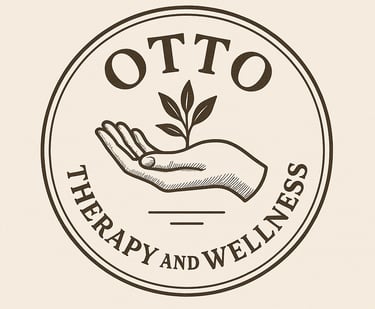Couples Counseling
I’m so glad you have decided to be intentional about trying to repair one of the most important relationships of your life! Marriage can be so rewarding but it can also be one of the few relationships where the worst version of us is on full display. Because the relationship is so intimate and tender, we can easily create suffering for our partner unintentionally and perhaps in some moments, even on purpose. Because of past and present hurts, it's easy to feel resentful towards our partner which can make us question if full healing is even possible. For couples counseling to be most effective, both partners need to be committed to the process of change. Sometimes partners enter counseling unsure of their commitment to the relationship, and that’s both OK and understandable.
I use two approaches to couples counseling: the Gottman Method and Integrative Behavioral Couple Therapy. Both are researched based approaches and there is significant overlap between them. In general, the goals of both approaches are to change how issues are discussed and experienced, increase the ratio of positive to negative interactions, rekindle the love and romance that was once present in the relationship, heal wounds, change what is changeable, accept and appreciate each other’s differences, and take an interest in your partner’s dreams and goals.
A word about insurance coverage: Health insurance typically does not cover couples counseling unless one or both partners have symptoms of a mental health condition (such as depression or anxiety) and couples therapy is part of a treatment plan to alleviate those individual symptoms. In other words, if both partners are symptom free and just want to improve their relationship, insurance companies do not consider couples therapy a "medically necessary" intervention and will not pay for it. However, most Employee Assistance Programs (EAP) will cover couples counseling without a mental health diagnosis. The downside is that they usually limit care to 3-6 visits a year. If you’re not sure if your employer has an Employee Assistance Program, check with your HR department-you might be surprised!
When we do couples counseling, the partner with symptoms of a mental health condition is considered the “client” and the assessment, treatment plan, and progress notes are written with that individual in mind. However, both partners receive the counseling together.
If neither partner has a mental health condition, I provide fee-for-service (self-pay) couples counseling at $125/hr.
paul@ottotherapyandwellness.com
602-836-4064
© 2025. All rights reserved.


Whether you're navigating life's challenges, seeking deeper connection, or simply wanting to feel more like yourself again—you've taken a courageous step by being here.
